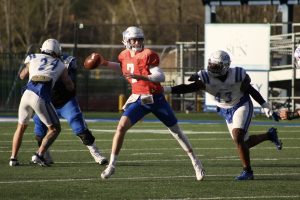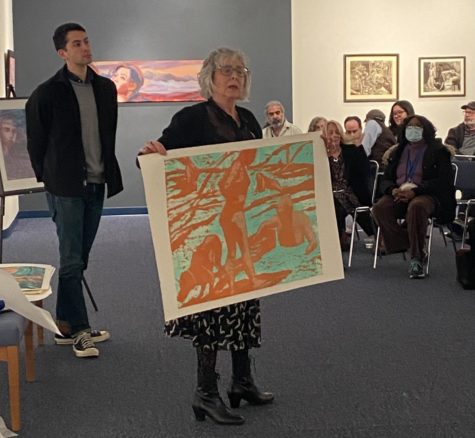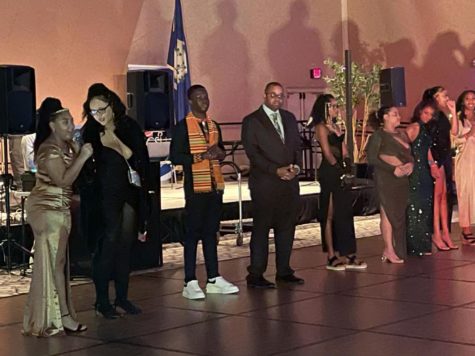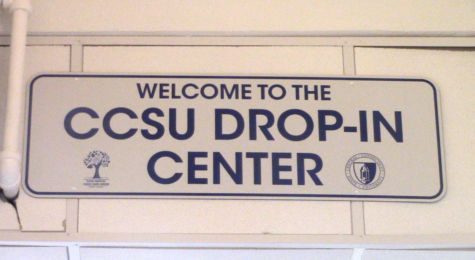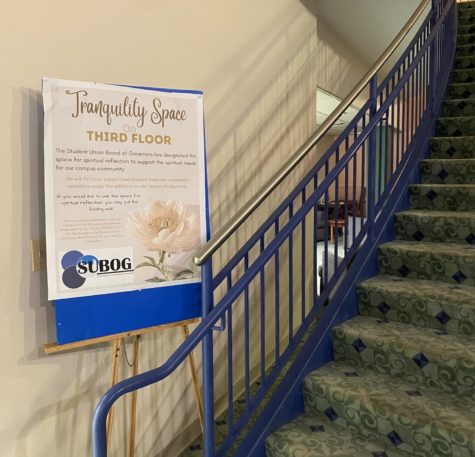CCSU Plans To Introduce More HyFlex In Spring 2021
September 28, 2020
The fall 2020 semester is underway and everyone on campus has been adjusting to a new era of learning. With the pandemic and social distancing requirements, large-scale coordination is much more difficult, but Central Connecticut is looking forward to using what they have learned to make further improvements this semester and into spring 2021.
According to Dr. Robert Wolff, Dean of Liberal Arts and Social Sciences, the university hopes to turn the corner on the pandemic, meaning that they want to allow more students on campus. However, he says that CCSU is going to have to be prepared for anything.
“We have to plan for all different possibilities. So we are planning and we’re registering for students in a semester that’s kind of like this one, but with some more options,” Wolff said.
If the coronavirus pandemic begins to spike in numbers again, CCSU would have to return to remote instruction, similar to that of spring 2020. But, if the situation improves, there’s a possibility more people can be accommodated on campus.
To have an “open style” campus in spring 2021, CCSU must first meet the requirements of an extensive rubric and receive clearance from Governor Ned Lamont’s office that the university has met conditions to open more fully.
Wolff expressed that the two most important factors for student success are building a connection with a professor and forming a peer group; the pandemic making both of these more difficult than usual.
“It’s a lot harder to make connections through Webex. It’s working for some, but we have students who know they need to make connections in person. So, the HyFlex classes were initially designed for them,” Wolff said.
HyFlex classes average around 12 people, but in larger rooms such as Torp Theatre, which are equipped to hold up to 40 people with social distancing measures in place.
Dr. Steven Brock of the criminology department teaches “Victimless Crime” via the HyFlex format. Within his course, there are 30 students enrolled, but only four of them are signed up for the in-class portion.
The professors have been using the software, Kaltura, for remote students. This program allows professors to live stream and record class at the same time that it is happening, allowing for synchronous or asynchronous viewing.
Originally, Kaltura was the only software available for HyFlex classes, but the university has now made other softwares available such as Cisco Webex and Microsoft Teams.
Brock was unsure if he should switch to another software as Kaltura has a 15-second delay, so he conducted a poll among his students. They ultimately decided to stick with Kaltura.
“Based on the results that I got, it seemed like not too many students wanted to make the change at this point,” Brock said.
Brock wanted to avoid changing course in the middle of the semester seeing as how students had already gotten used to the program.
CCSU plans on continuing to adapt to the changing circumstances to help students learn safely and want students to know that people are working hard to adapt to challenges and help them succeed.
“It’s a struggle for everybody, but your faculty, your advisors, your Deans’ Offices, everybody is working incredibly hard to try to help students succeed,” Wolff said, addressing specifically students. “So if anyone’s facing challenges the first thing they need to know is to reach out to somebody.”

